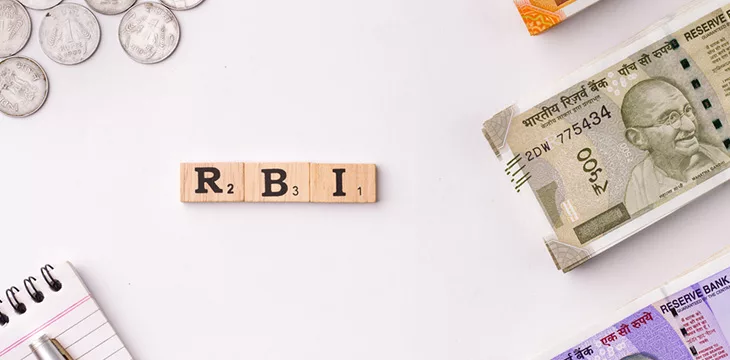|
Getting your Trinity Audio player ready...
|
The Reserve Bank of India (RBI) has expressed an interest in steering the conversations around digital assets toward their implications on a “macro-financial” and institutional level.
The central bank disclosed its position via its annual report on May 20, urging global policymakers to consider the institutional risks posed by digital currencies. According to the RBI, while regulatory authorities are focused on protecting retail investors, the broader payments ecosystem faces significant risks from the asset class.
Leveraging India’s G20 presidency, the RBI hopes to amplify its claims that “cryptocurrencies are a material threat to financial stability.” Experts say that the report is the first time that the RBI is making a play to influence digital currency regulation on a global scale.
“The intent of India’s Presidency is to expand the G-20 crypto asset narrative beyond financial stability and financial integrity concerns to capture the macro-financial and cross-sectoral implication and risks of crypto assets,” the annual report read.
The broader financial ecosystem faces the grim prospects of increasing cryptoization, flight of capital, and a slew of contagion risks stemming from the implosion of digital currency behemoths. The central bank cited the domino effects triggered by FTX and Terra collapses in 2022 affected retail investors and corporate entities.
The G20 nations are inching toward the launch of uniform digital currency regulations after enlisting the help of the International Monetary Fund (IMF) and the Financial Stability Board (FSB). While the draft rules are yet to be made public, one hypothesis suggests that the rules will see service providers be regulated in the same manner as banks.
The incoming regulations will place a premium on stablecoins and their issuers and provide stricter anti-money laundering (AML) rules for exchange service providers to follow.
A hard stance against digital assets
Historically, India’s central bank has viewed digital currencies with distrust, famously calling for their blanket ban. RBI Governor Shaktikanta Das described the asset class as akin to gambling, posing significant threats to the nation’s financial system.
Das warned that increased adoption of digital currencies might “undermine the authority of the RBI” as it struggles to cope with the challenge of dollarization. Critics have opined that with India at the helm of the G20, proposed digital currency regulations could be adversely influenced by RBI’s stifling stance toward the industry.
Watch: Dr. Satya N Gupta: IPv6 provides many value additions to blockchain

 07-12-2025
07-12-2025 





